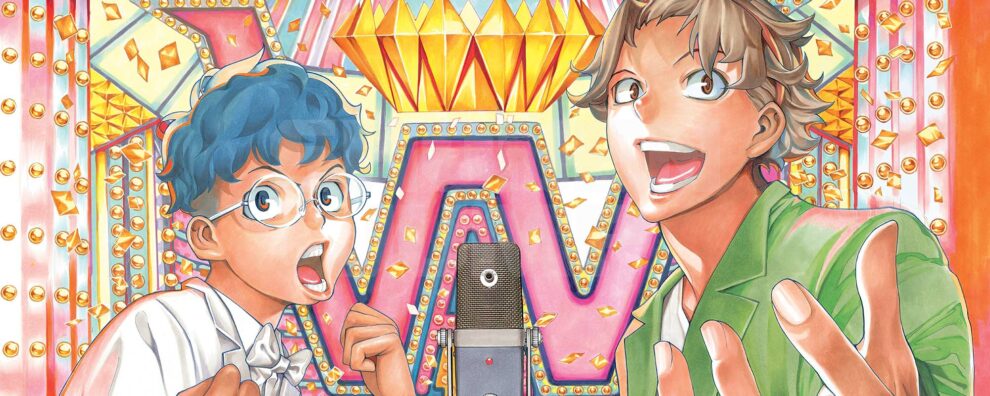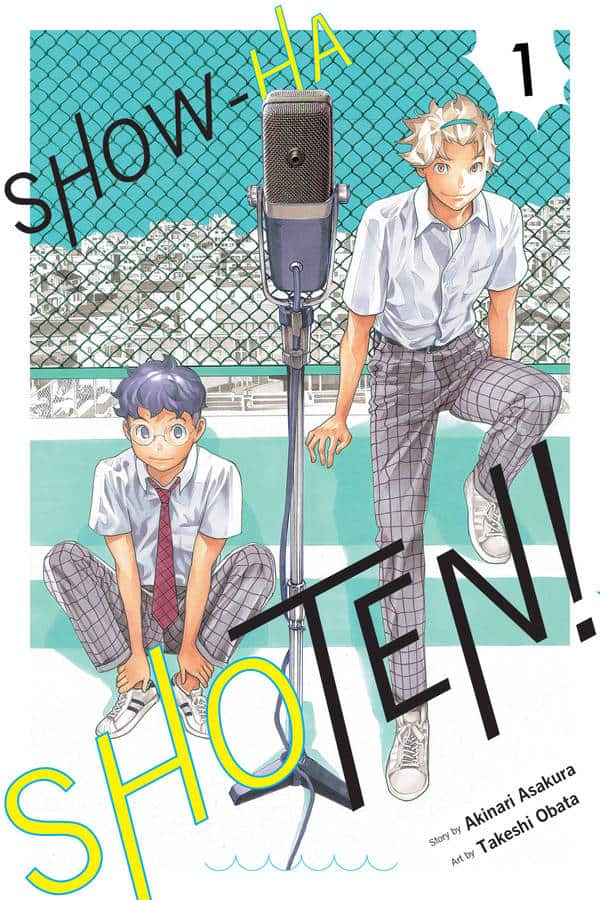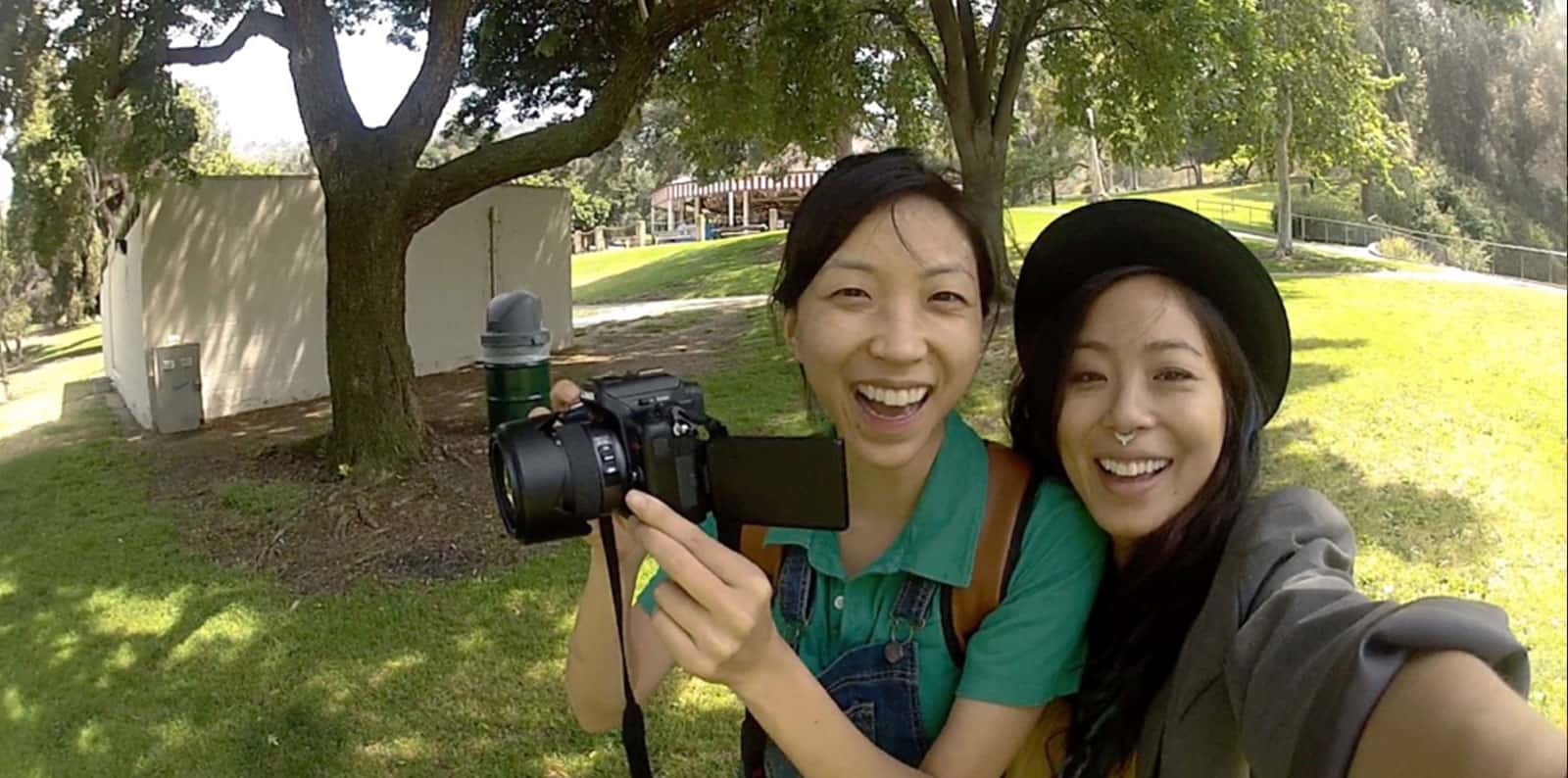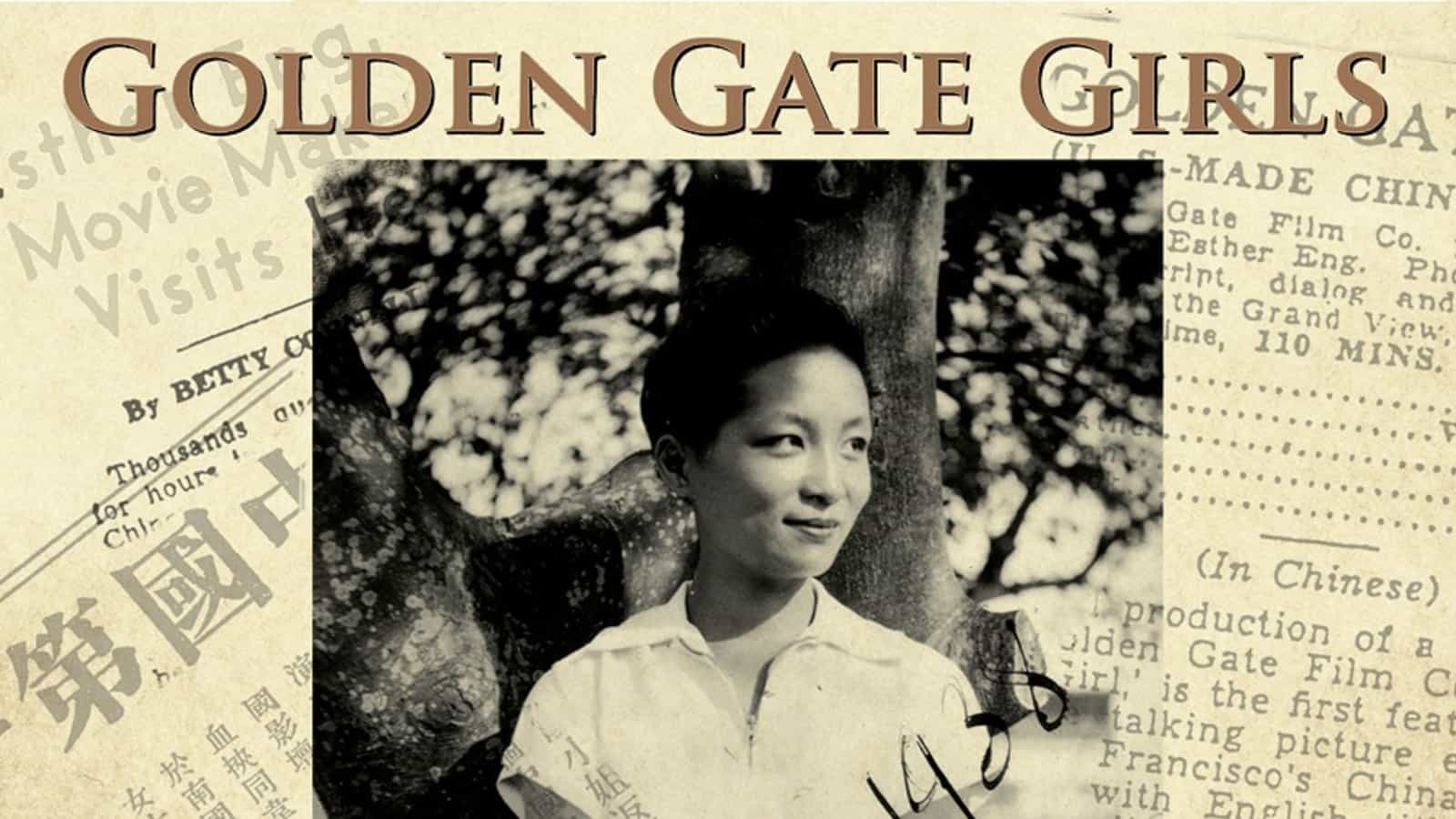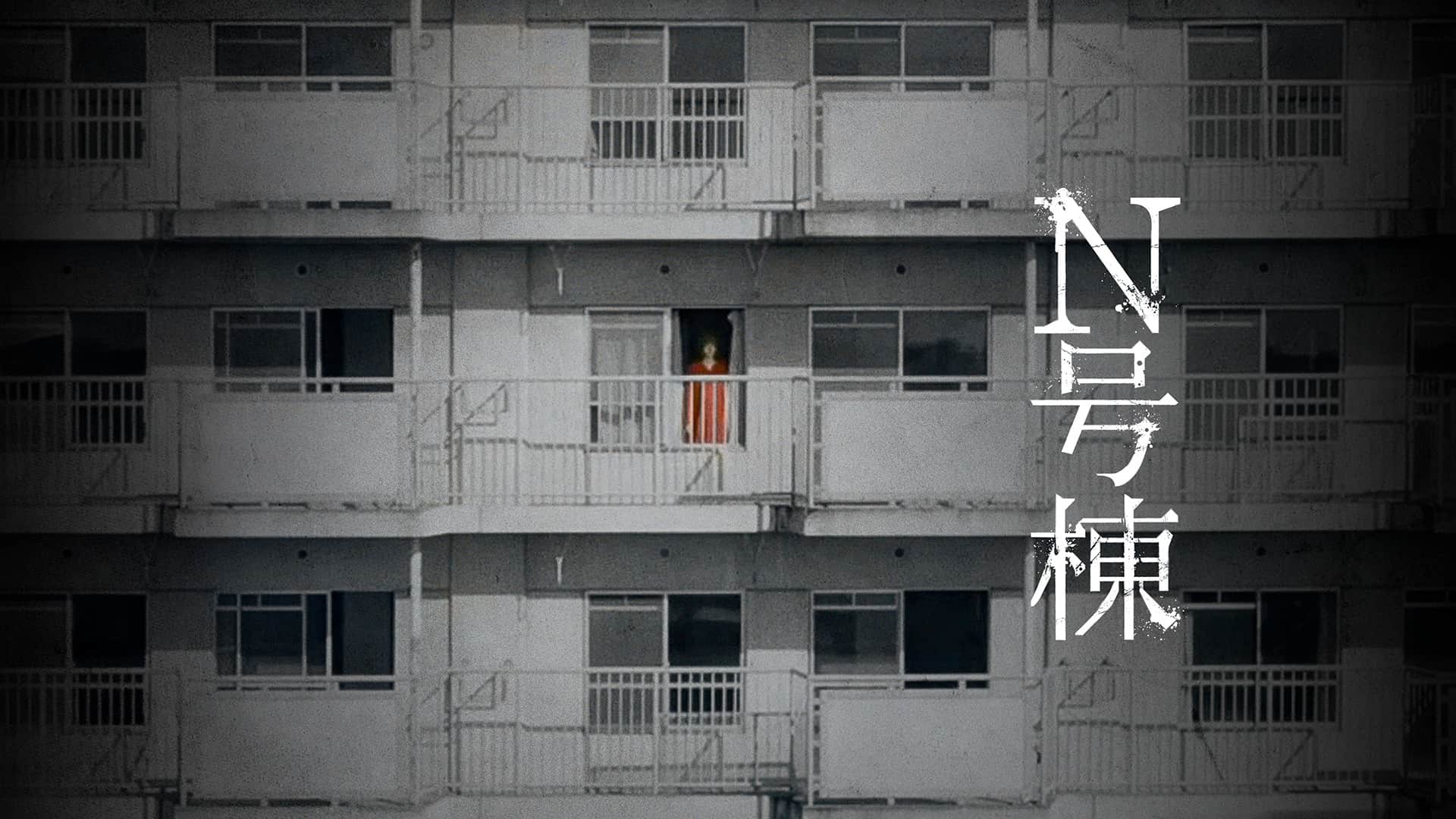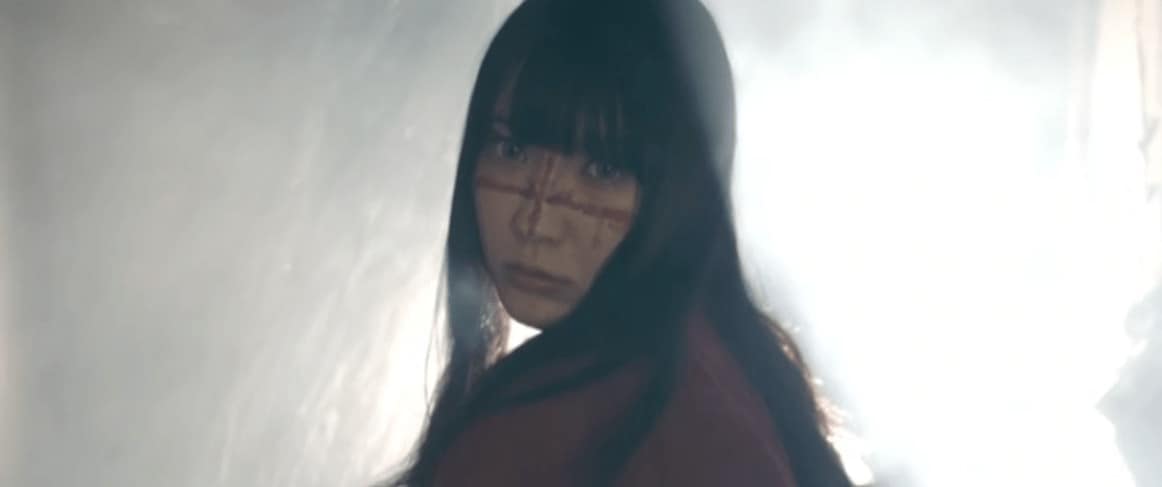“Higashikata ropes Shijima into performing in a comedy duo with him at a school show. Inspired by their guaranteed success, Higashikata asks Shijima to join him in an audacious dream—to rise to the top of Japan's comedy scene by winning major events in both stand-up and sketch comedy!” (Viz Media)
The West has relatively limited access to Japanese comedy TV, with the extent of most viewers' understanding coming from clips from panel shows boasting over-the-top pranks or silly challenges. Certainly, many know of the talking head panel shows, yet even the biggest comedy nerd outside of Japan will, at most, catch a few Japanese sketch shows as part of annual traditions at year-end or out of curiosity. That said, the concept of a comedy duo performing in shows to make it to TV is going to be a largely foreign concept to readers, given how the structure of the comedy industry varies. Furthermore, the types of sketches, which rely heavily on poking fun at the nuances of Japanese culture, make the subject matter all the less accessible. Consequently, “Show-ha Shoten!” is at a disadvantage in having to close that cultural gap.
Thankfully, the series does just that and Akinari Asakura's foray into the world of stand-up comedy becomes accessible through a strong direction in storytelling that focuses on giving the readers a reason to cheer on the young comedy duo. Notably, both Higashikata & Shijima have faced moments in their life that put an emphasis on the importance of comedy from a societal perspective, not just the accolades it can bring but how it serves a vital role in the cultural landscape. The reasons both become obsessed with comedy differ, but the way it brings them together makes for quite a remarkable underdog story when seeing the challenges from their perspective with the amount of importance they put into mastering their craft.
That said, the comedic elements of “Show-ha Shoten!”, are largely lost in translation, with several performances in the first volume lacking the beats that Western comedy is more defined by. It is slightly accessible in its campiness, yet, as mentioned, focuses heavily on wordplay directly related to Japanese traditions and attitudes. However, the interactions between the two, along with other students, compensate for the unfamiliar comedic structuring of the duo's act and the series still stays upbeat and humorous throughout. In addition, the disconnect from the comedy styling in the performances is overcome by the reader's desire to see the two succeed through the moments when they are under the spotlight.
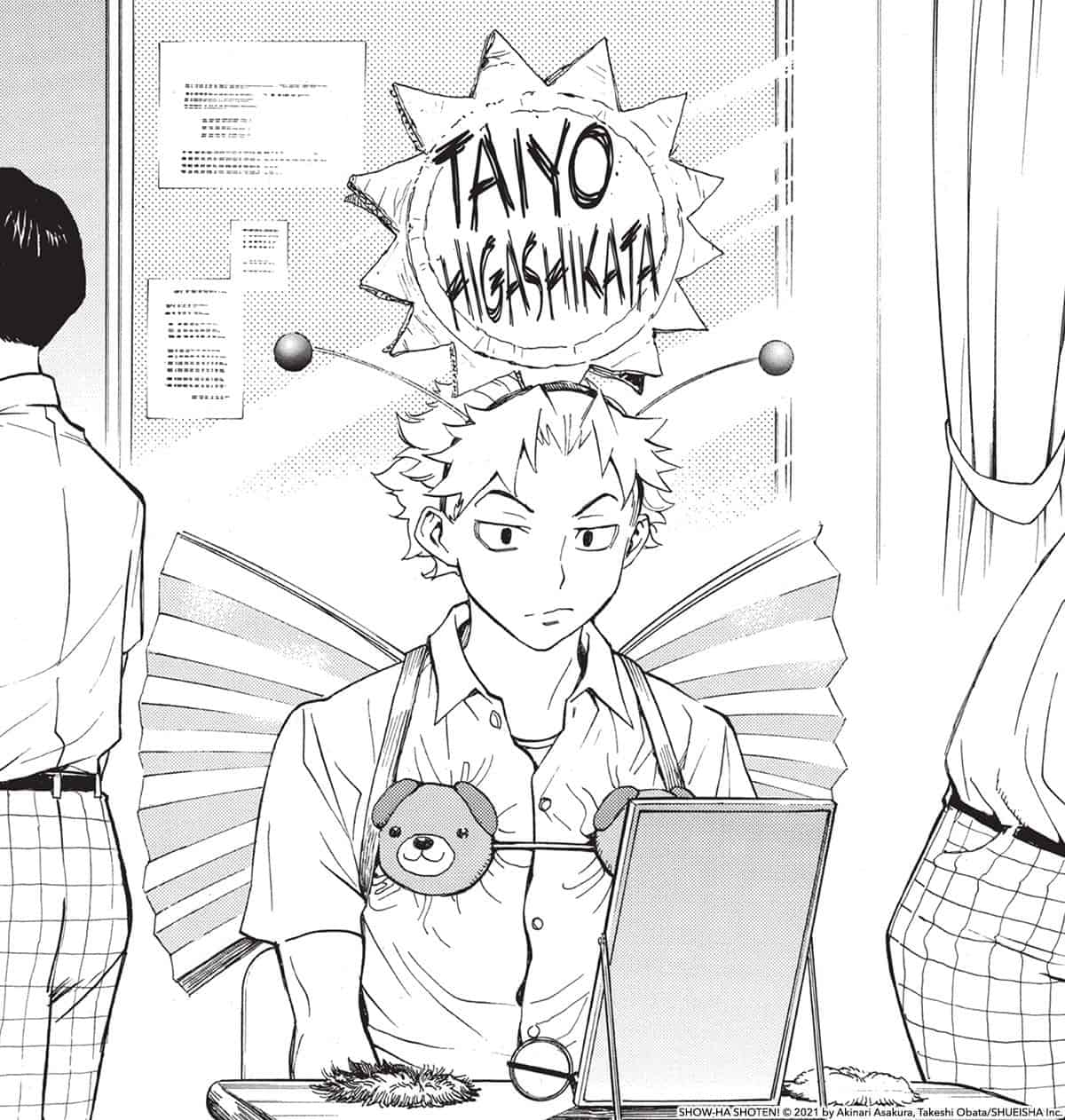
Visually, Takeshi Obata really allows the story to pop with his expressive characters and his own comedic timing. In addition, Obata takes a sincere approach to the work that relays the passion of the duo, opting out of using ‘over-the-top' reactions from the characters and instead leaning into their charms as they deliver jokes. Overall, the artistic approach fits the material perfectly in both tone and delivery, and Akinari Asakura and Takeshi Obata are just as perfect a pairing as Higashikata & Shijima.
“Show-ha Shoten!” is a deeply impressive series that manages to take a foreign approach to comedy and make it relatable to a large audience by focusing on the importance of humor within our culture. It is smart and snappy just like its characters, strongly presented visually, and a deeply engaging read–reminiscent of sports manga in structure by diving into the nuances of performing comedy and having its protagonists improve over time. Volume one ends at a rather intense point in a competition, which will leave readers clamoring for more. Thankfully, if you can't wait there are digital chapters currently available several volumes ahead of the physical releases.


